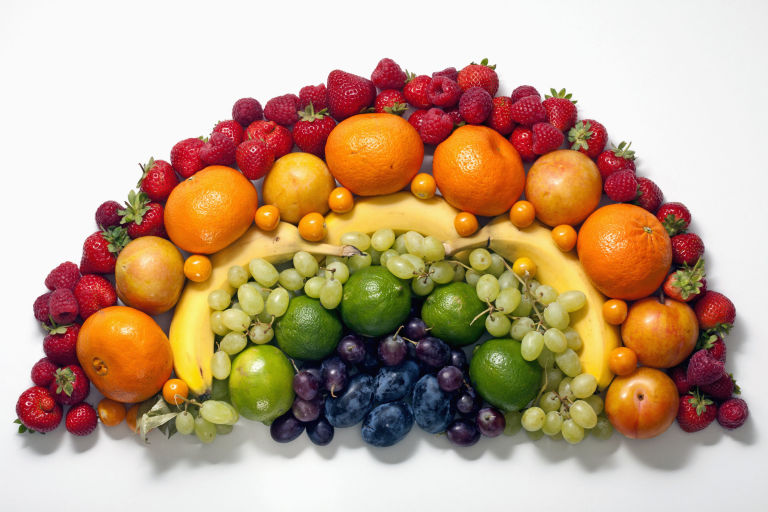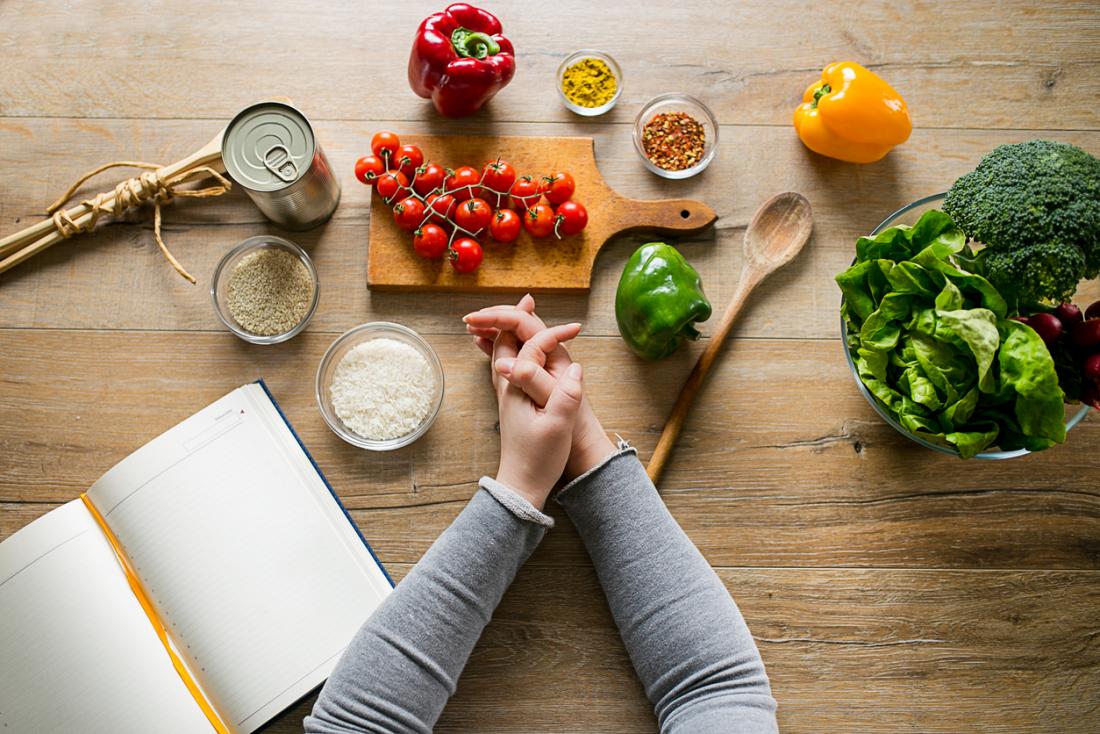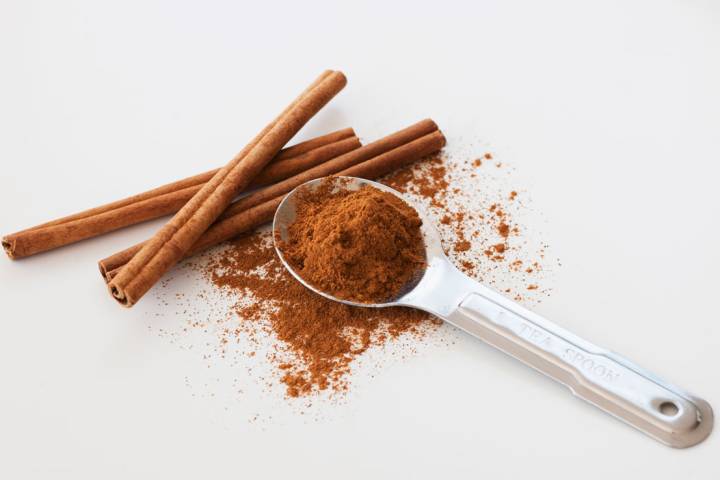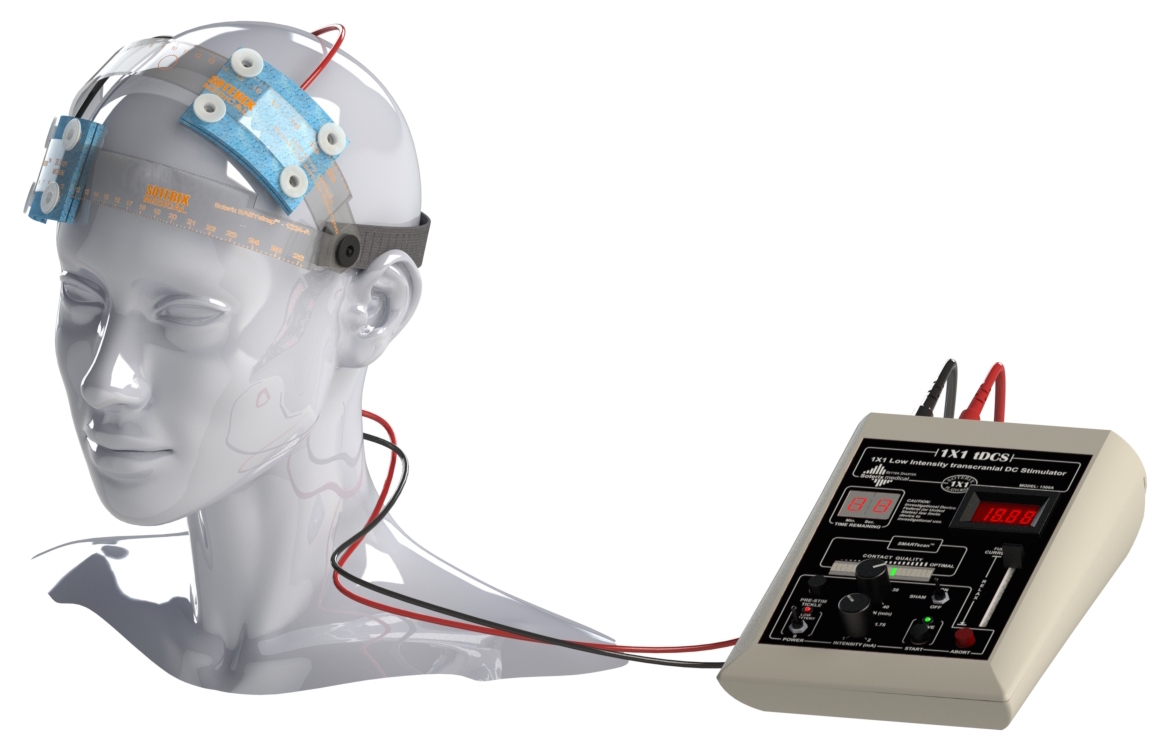I can say from experience that my eating habits during midterm season are not the best. The same can be said for many Berkeley students struggling to fit normal meals into their crammed study schedules, let alone healthy ones. A lot of times, we turn to easy-to-get fast foods or convenience store commodities that may make us feel full but are most definitely not great for our bodies. Instead of going for the potato chips and cookies, here are five healthier alternatives that will help curb hunger that are much better for our bodies.
1. Avocados
Avocados are rich in vitamin B6, which, like other B vitamins, helps release a calming neurotransmitter, GABA. GABA can reduce stress levels while and provide a hearty burst of good fats and proteins. Adding some avocado to a sandwich or even eating one whole with a sprinkle of salt can be a great power snack.
2. Yogurt
Plain yogurt is one of my personal favorites that is full of probiotics and vitamin B12. Vitamin B12 functions similarly to the B vitamins in avocados, while probiotics help support digestive health. Studies published in the International Journal of Obesity have shown fat-free yogurt to be a great weight loss aid due to its high calcium level. The many variations and flavors of yogurt make it a wonderful on-the-go food you won’t tire of easily.
3. Oatmeal
Eaten at breakfast or any other time during the day, oatmeal acts as a filling meal full of folic acid. Folic acid is a nutrient that helps induce the release dopamine, a neurotransmitter associated with pleasure that can help get you through those long study grinds. Plus, oatmeal is a high fiber, high protein food that can help regulate your digestive system and keep you full for longer. The best part is that it’s naturally low in fat!
4. Almonds
Rich in magnesium, almonds are a quick snack that, aside from releasing dopamine and GABA in the brain, can help prevent heart disease and assist in weight loss. Almonds also nourish the brain and have been suggested to prevent Alzheimer’s disease later on in life. They may also improve brain function. Overall, these are a tasty study aid that can help make those long hours of reading and reviewing more effective.
5. Orange Juice
It’s not really a food, I know, but OJ is chock full of vitamin C, which not only supports your immune system but also fights damage to brain cells from high levels of cortisol, a hormone released by your body when you’re stressed. On top of that, in moderate amounts, the natural sugars found in orange juice can also help keep you awake and alert without having a negative impact on your body. It’s a great coffee substitute!
Don’t like any of these foods? Not to worry! A stress-free midterm season can still be available to you. This is in no way a comprehensive list, and many other foods out there can help both your body and mind! Find out more from your doctor or even through a little online research about stress-reducing foods. Happy eating!
Article by Amanda Lu
Feature Image Source: Country Living
























